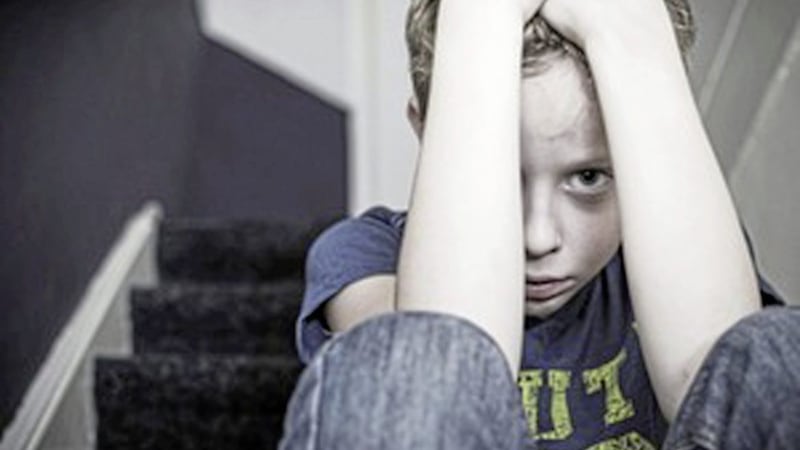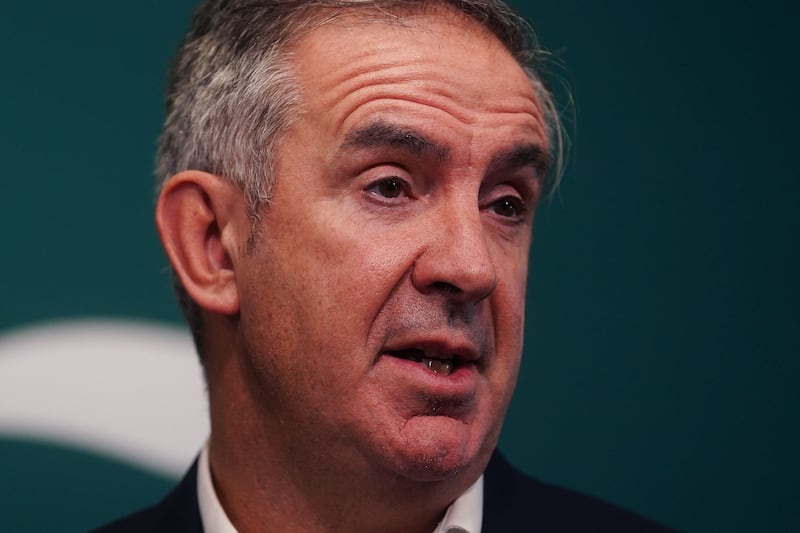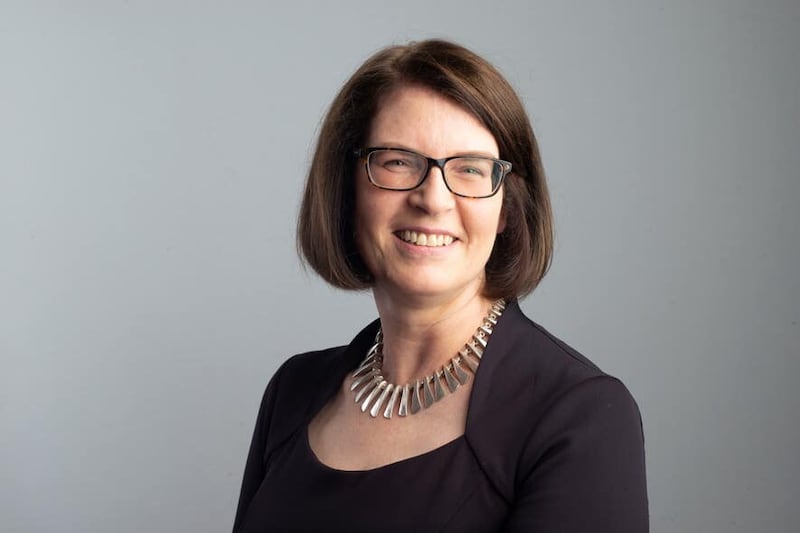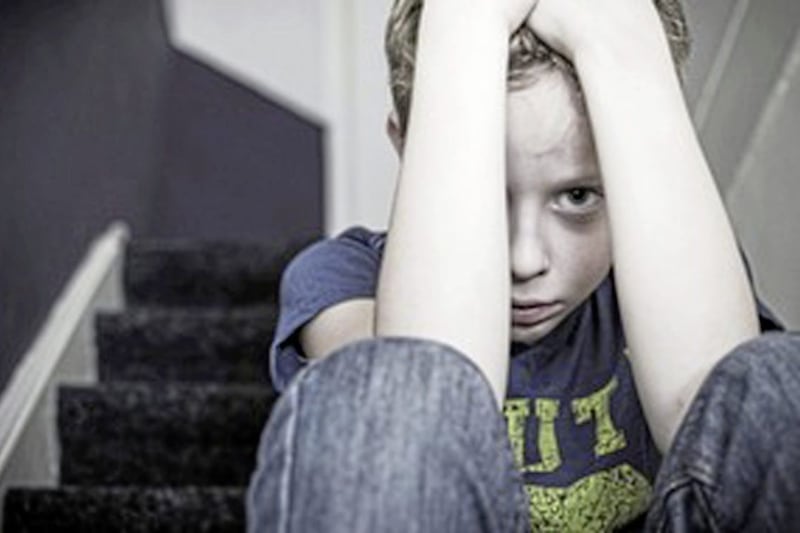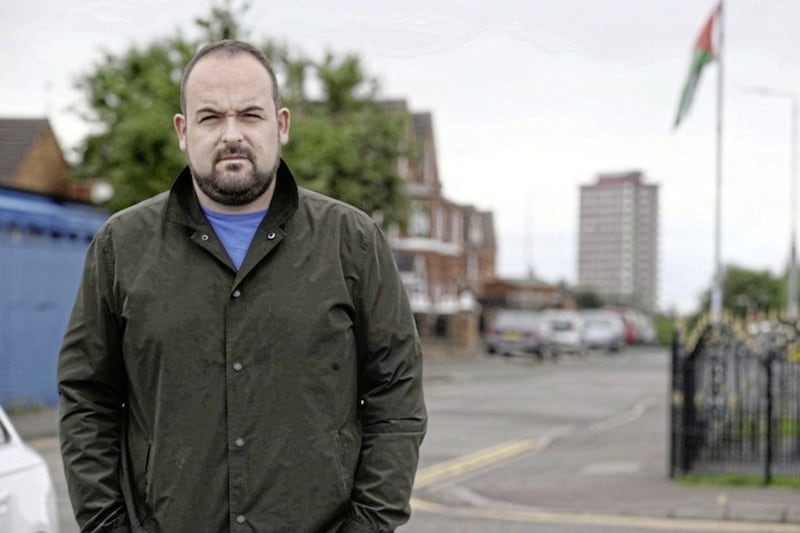MORE than 1,300 vulnerable children and teenagers in Northern Ireland were placed on waiting lists for specialist mental health services by the end of 2020, it has been revealed.
Figures obtained by The Irish News also show that delays up to 10 months for young patients were recorded in one health trust following referral to Child and Adolescent Mental Health Services (CAMHs).
Young people living in the Western trust were worst hit by delays, with the "longest wait" at 282 days following closely by the Belfast trust, at 238 days, according to Health and Social Care Board (HSCB) data.
And while trusts recorded a dramatic drop in referrals over the first lockdown period, these rapidly increased to "pre-pandemic" levels. A total of 1,310 young patients across the north's trusts were on waiting lists at the end of December.
Sarah McGee, who heads up children's mental health services at the Western trust, said they had seen "unprecedented rises" with demand outstripping capacity.
She confirmed there are currently 255 young people on the Western trust's CAMHs waiting list - with the longest wait at 45 weeks.
But she said major work had been carried out to reduce delays and ensure services can operate "effectively". A recruitment drive is underway while Belfast is also planning to advertise new posts.
"Our service has worked hard to mitigate lost capacity by developing virtual clinics and ways of remote working to connect therapeutically with young people and families. All young people on the CAMHs waiting list have been contacted and provided with guidance as well as signposted to sources of useful information," Ms McGee said.
"In light of waiting times we have progressed a waiting list initiative in an attempt those support young people by offering new choice appointments. CAMHs clinicians also deliver assessment and therapeutic work through a variety of mediums, including remote, face to face and virtual consultation.
"Home visits can still be conducted if clinically indicated and referral may be sought through GP, health visitor, paediatrician, educational psychologist, school Senco or social worker."
Latest research shows that prior to the pandemic, 35 per cent of 11-16 year-olds in the north experienced concerns about their mental health.
SDLP north Belfast councillor Paul McCusker, who sits on the board of suicide prevention charity PIPs, said delays in young people accessing services were "unacceptable".
Last week there were 150 patients on the Belfast trust's CAMHs waiting list, with the longest delay at 18 weeks.
Such is the level of demand from young people seeking support from PIPs, it is creating new posts for counsellors who will deal specifically with youth referrals.
"There's definitely been an increase in those presenting with anxiety due to bereavement. This is added to by schools closing, parents losing jobs and poverty. The loss of social contact had a massive impact on their well being," Mr McCusker said.
"When someone is referred to CAMHs, being placed on a waiting list often puts them at more risk. Young people need to be engaged with services at the earliest opportunity to prevent further self-harm.
"We need a recovery plan in place but we need that as a matter of urgency. Getting kids back to education as soon as possible, having more young people involved in youth clubs and allow them to be part of different programmes should be part of that."
Read more:
- Spike in number of teens' eating disorders linked to pandemic
- Analysis: Next generation deserve better treatment by Stormont decision makers as Covid deepens child mental health crisis
